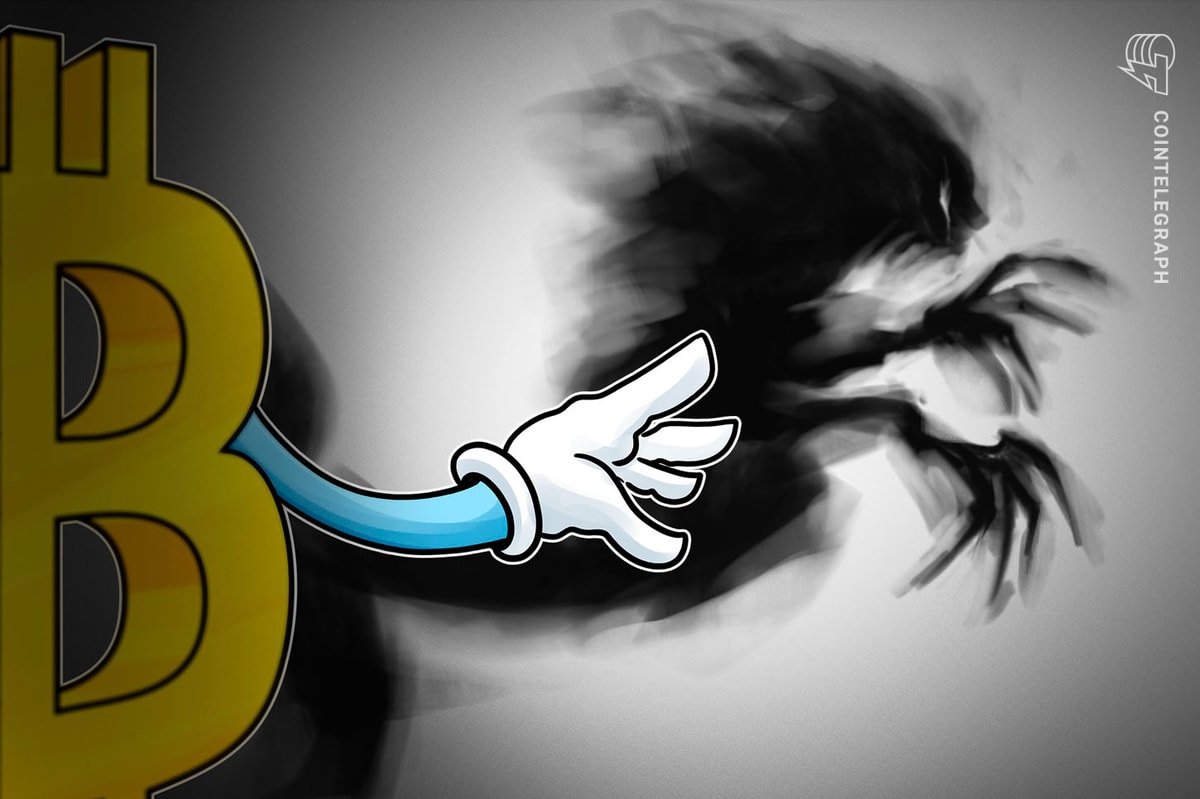Synthetic stablecoin developer Ethena Labs is winding down its German operations less than a month after regulators identified “deficiencies” in its dollar-pegged USDe (USDE) stablecoin, signaling heightened scrutiny around crypto assets in Europe’s largest economy.
Ethena Labs reached an agreement with Germany’s Federal Financial Supervisory Authority, also known as BaFin, to cease all operations of its local subsidiary, Ethena GmbH, according to an April 15 announcement.
Source: Ethena Labs
As such, Ethena Labs “will no longer be pursuing MiCAR authorization in Germany,” the company said, referring to the Markets in Crypto-Assets Regulation.
The company reiterated that Ethena’s German subsidiary has not conducted any mint or redeem activity for USDe since March 21, the day BaFin halted the stablecoin’s activities. As Cointelegraph reported at the time, the German regulator identified compliance failures and potential securities law violations tied to USDe.
“All whitelisted mint and redeem users previously interacting with Ethena GmbH have at their request been onboarded with Ethena (BVI) Limited instead and have no ongoing relationship with Ethena GmbH whatsoever,” the company said.
Unlike popular stablecoins USDt (USDT) and USDC (USDC), Ethena’s USDe maintains its dollar peg through an automated delta-hedging strategy that includes a combination of spot holdings, onchain custody and liquidity buffers.
USDe is the fourth-largest stablecoin with a total circulating value of $4.9 billion, according to CoinMarketCap.
The $233-billion stablecoin market is dominated by USDT and USDC. Source: CoinMarketCap
Related: Northern Marianas vetoes bill for Tinian to launch its own USD stablecoin
MiCA tightens the noose around stablecoin usage
MiCA is a comprehensive framework for cryptocurrency usage across the European Union, enforcing strict compliance standards and consumer protections.
To meet the new requirements, stablecoin issuers must have adequate reserves backing their tokens, ensure reserve assets are segregated from users’ assets and fulfill regular reporting obligations.
As of February, 10 stablecoin issuers have been approved under MiCA, including Circle, Crypto.com, Societe Generale and Membrane Finance.
Patrick Hansen, Circle’s senior director of EU strategy and policy, told Cointelegraph that a total of 10 euro-pegged stablecoins and five US dollar-pegged stablecoins have been approved so far.
However, notably absent from the list is USDt issuer Tether, which has decided not to pursue MiCA registration at this time.
Magazine: Bitcoin eyes $100K by June, Shaq to settle NFT lawsuit, and more: Hodler’s Digest, April 6-12
Read the full article here















